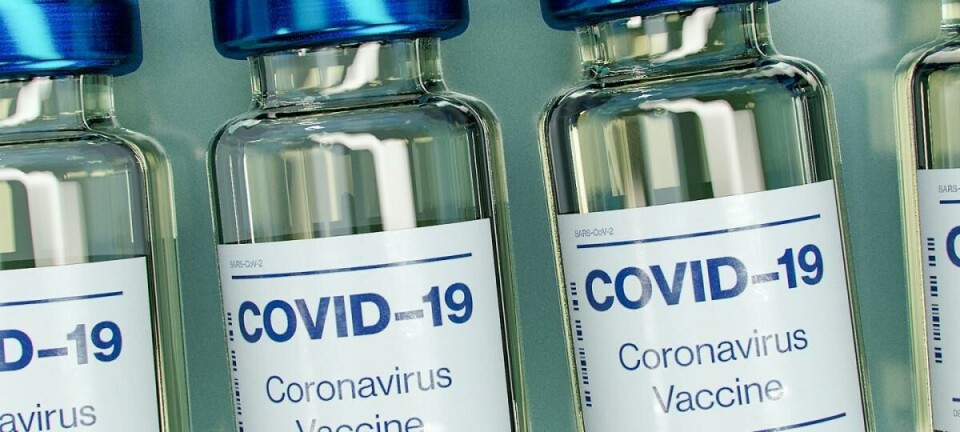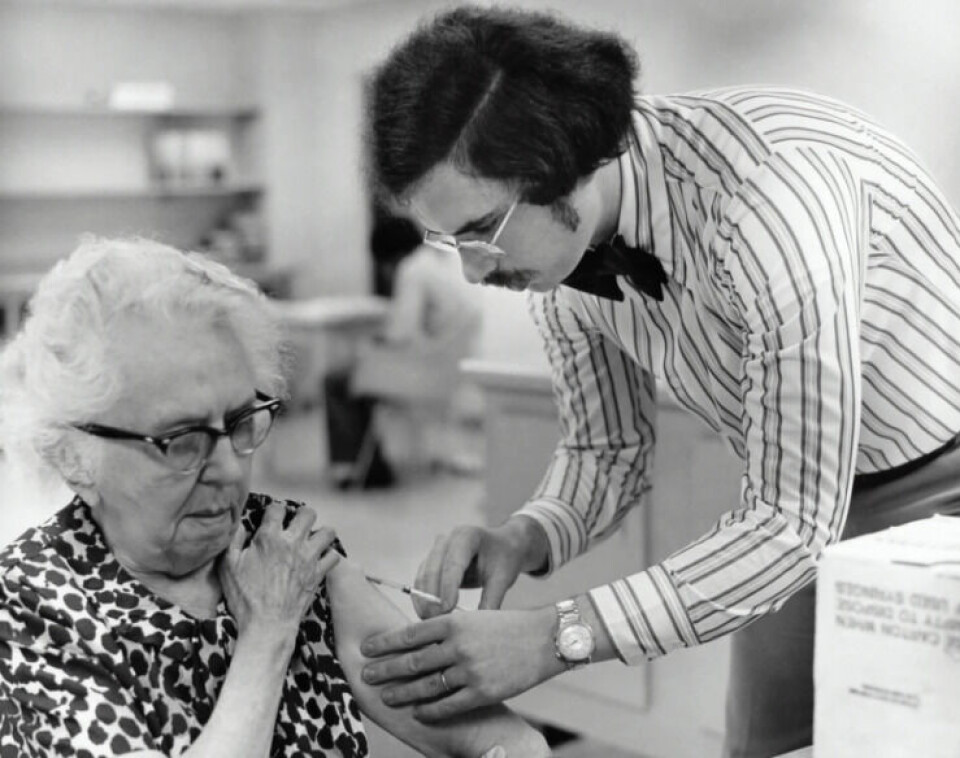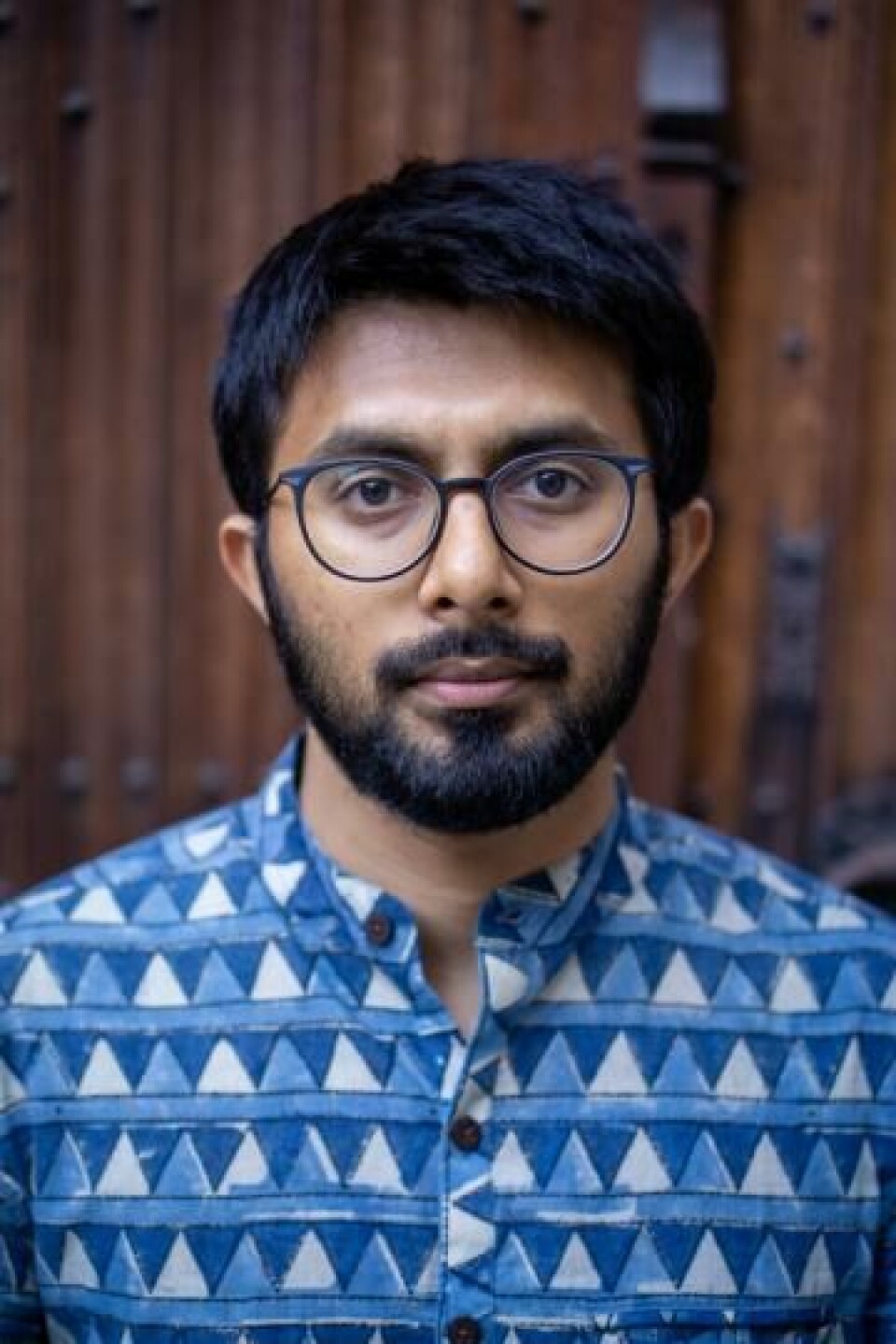article> Science
KU Leuven working with other European institutes to understand vaccine hesitancy

KU Leuven is investigating vaccine hesitancy, since failure to vaccinate enough people could prevent Belgium from achieving herd immunity against COVID-19 and other contagious diseases.
by Marit Pepplinkhuizen
Opinion/Politics Section Editor
It will not be long before the vaccine against COVID-19 will be here. Yet, instead of hearing a sigh of relief across the world, many people are concerned about this vaccine or are even against it. This “anti-vaxx” sentiment has been around for a long time, so it is not a huge surprise that this is also the case with COVID-19. However, what are governments to do when vaccination is needed to fight against a global pandemic? Will vaccination even amount to anything when a sizable part of the population will not allow themselves to be vaccinated? KU Leuven is working on these and other questions with the Institute of Tropical Medicine in Antwerp.
Vaccinations in history
The World Health Organization (WHO) identified “vaccine hesitancy” as one of the top 10 health threats to the world last year. Vaccines have played a major role in radically reducing the mortality rates of polio, rabies, and typhoid, among many others. For these reasons, the Center for Disease Control and Prevention (CDC) of the US credit vaccinations as being among the great public health initiatives of the twentieth century. If a sufficient rate of immunization is reached and maintained — around 95 percent of the population, for certain diseases — vaccines bring about herd immunity. This limits the spread of infectious diseases, ensuring the protection of vaccinated people and those who do not develop immunity after vaccination or are not able to be vaccinated due to underlying medical conditions, therefore remaining otherwise more vulnerable without herd immunity.
Even before the pandemic, there has been an increasing number of parents being hesitant to vaccinate their children.
Unfortunately, in some cases reduced immunization rates have compromised herd immunity, leading to preventable deaths. However, when a terrifying disease becomes widespread, like polio in the United States in the 1950s, a vaccine represents an immediate solution to stopping its spread. When followed by a successful mass immunization program, the prevalence of the disease is drastically reduced.

Photo from the CDC taken on the 1st of October 1976 during the nationwide Swine Flu vaccination campaign in the US
Conspiracy Theories
Vaccination against COVID-19 in Belgium will be free and will not be mandatory. Anti-vaccine sentiments make it, however, difficult to reach herd-immunity. The anti-vaccination movement has been growing globally in recent years, fuelled partly by a long-discredited paper by the disgraced British doctor Andrew Wakefield, who fraudulently claimed a link between the measles, mumps and rubella (MMR) vaccine and autism in children. COVID-19 has also been subject to a large number of conspiracy theories. The theories range from linking itto 5G mobile networks, to spreading scepticism about the intentions of the government. Another common thread in anti-vaccine groups focuses on the belief that natural immunity — the kind youget from actually having a disease — is better than immunity from a vaccine. It is argued that disease is a natural process and that they should just get infected with COVID-19 in order to haveimmunity. However, vaccines are actually made to stimulate a “natural” immune response in a safer way than through actually becoming infected by a virus. Thus, the conspiracy theories are widespread. Yet, what is the actual number of people who would refuse the vaccine?
A recent study shows that 1 in 6 Belgians do not want to be vaccinated against COVID-19.
According to a recent study by the University of Antwerp involving 1200 Flemish participants, it turns out that 65% of the Flemish population intend to get vaccinated, 23% are still uncertain, and 12% do not intend to get vaccinated.Moreover, a recent study done by Ipsos on behalf of Het Nieuwsblad shows that 1 in 6 Belgians do not want to be vaccinated against COVID-19.A poll in the UK in mid-March found that around 7% of people would reject a coronavirus vaccine, while a second survey in early April – by which time the COVID-19 death toll was beginning to quickly rise – showed the percentage had dropped to 5%.
Research at KU Leuven

Tarun Kattumana, PhD-student at the Institute of Philosophy at KU Leuven, is part of the Transvaxx project that aims to proactively address the challenges that come with vaccine uptake in Belgium. The project has researchers from KU Leuven, the Institute of Tropical Medicine, Institute Pasteur, and the London School of Hygiene and Tropical medicine. As part of this project Kattumana will conduct interviews with stakeholders from public health institutions, the government, and the pharmaceutical industry, to understand their perspective on upcoming challenges and how they plan to address them. The overall project, Kattumana tells The Voice, seeks to combine this expert perspective with the concerns of the public to co-create a sensitive and critical policy regarding COVID-19 vaccination.
“I focus on questions the pandemic raises about our conception of scientific objectivity and trust in expertise. I hope philosophically to disentangle some of the conceptual ambiguities pertaining to objectivity and trust that lead to bottlenecks in policy making.”
One of the concepts that is central to his research is the concept of “post-truth” perceptions. The post-truth condition refers to a generalized scepticism towards expertise and public institutions. Yet, Kattumana urges, “while it is important to stress problematic aspects of such scepticism, this should not be seen in a one-sided manner. Post-truth also represents the historical process of the democratizing knowledge where the public questions the legitimacy of experts and public institutions.”
Still, one could say that the generalized scepticism towards bio-medical expertise and institutions is not very helpful to create herd-immunity. Kattumana wants to look at the issue from both sides: “On the one hand vaccine hesitancy compromises herd immunity, yet, on the other hand, hesitancy also represents public demands or expectations that are not being adequately met by experts. This is especially true of the pandemic where experts have not been able to effectively communicate with the public.” Kattumana hopes that working on post-truth implies recognizing both of these sides of vaccine hesitancy, with the full recognition that both sides are not always compatible.
The Voice also asked Kattumana what he thinks about the arguments of anti-vaxxers. “There has been a lot to discuss about vaccines during the pandemic. The fast pace of vaccine development, the profit motives of pharmaceutical companies, the new technology that has been used, whether vaccines provide immunity that will persist. We obviously want those who vaccinate to make an informed choice.”
The difficulty is that factual clarifications by experts have not been effective in changing minds, which is related to the post-truth condition. To a large degree it is a question about trust in scientific expertise.
Kattumana was also asked if he thinks that hardcore anti-vaxxers will ever be convinced, and if there is hope that the percentage we need for herd immunity will be reached? “I do not know. During the early stages of the pandemic there was talk of anti-vaxx persons softening their stance against vaccines. Again, I want to stress that strong reactions to the vaccines mean different things in different settings. In certain parts of the world, vaccines are distributed by governments and institutions that have been oppressing certain marginalized communities. It is hard to persuade those communities to make an exception with vaccines, while those that distribute the vaccine continue to oppressing them.”
Lastly, Kattumana was asked whether he was optimistic about the vaccination programme and whether there was hope that herd immunity will be reached. “There is a certain naivete attached to optimism during a crisis. It can feel like a rationalization of a state of affairs. I would like to think that hope is less naïve in comparison to optimism. I would like to be hopeful that herd immunity will be achieved fully acknowledging that this is not going to be easy.”
For more regular content
- Follow us on Facebook: https://www.facebook.com/thevoice.loko
- Check out our Instagram page: https://www.instagram.com/thevoice.kuleuven/
- Listen to our podcasts on: https://www.mixcloud.com/The_Voice_KUL_Student_Radio
For submissions or applications
- Email us at thevoice@loko.be
- Or message us on Facebook





